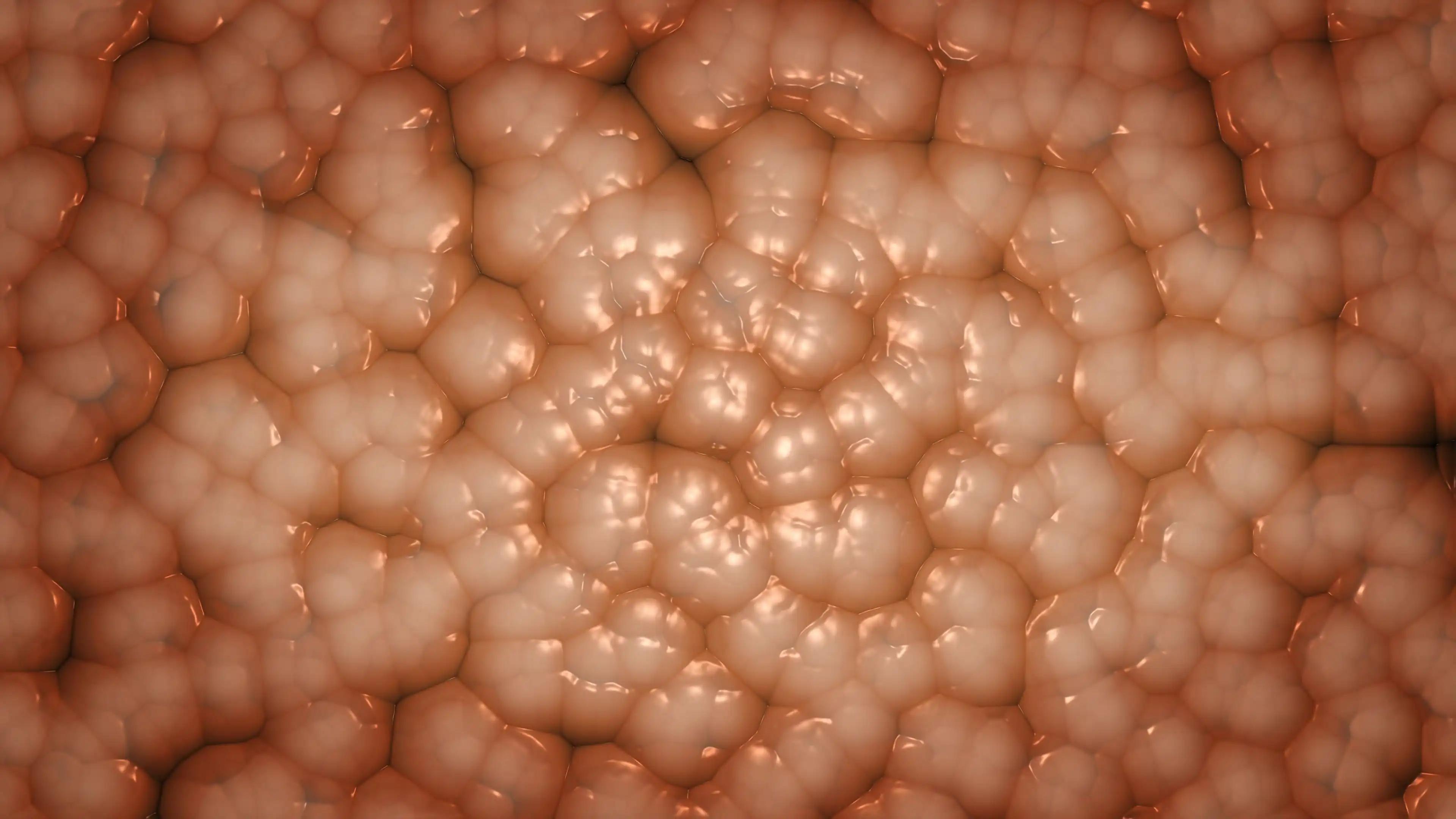KEY TAKEAWAYS
- The study aimed to describe the evolution of a unique subtype of CNS embryonal tumor in pediatric patients with relapse.
- The study suggested considering targeted treatment at diagnosis for CNS embryonal tumors with EWSR1-PLAGL1 rearrangements.
Central nervous system (CNS) embryonal tumors, a diverse group of malignant brain cancers primarily affecting pediatric patients, have recently been better characterized.
Kevin J. Bielamowicz and the team aimed to elucidate the evolution of a distinct subtype of CNS embryonal tumor upon relapse.
The method described 2 pediatric patients with CNS embryonal tumors featuring EWSR1-PLAGL1 rearrangements, treated at Arkansas Children’s Hospital, supported by histopathological and molecular data.
Both patients were initially diagnosed with CNS embryonal tumors with EWSR1-PLAGL1 rearrangements, confirmed by histological and molecular assessments. However, upon relapse, their conditions were reclassified as atypical teratoid rhabdoid tumor (ATRT) due to INI-1 loss, SMARCB1 alterations, and methylation profiling findings.
The study indicated that CNS embryonal tumors with EWSR1-PLAGL1 rearrangements develop a population of cells with SMARCB1 alterations, which become the predominant component at relapse. This suggested that treatment targeting this disease component at diagnosis should be considered.
No funding-related information was available.
Source: https://link.springer.com/article/10.1007/s11060-024-04667-6
Bielamowicz, K.J., Littrell, M.B., Albert, G.W. et al. (2024). “Central nervous system embryonal tumors with EWSR1-PLAGL1 rearrangements reclassified as INI-1 deficient tumors at relapse.” J Neurooncol (2024). https://doi.org/10.1007/s11060-024-04667-6



